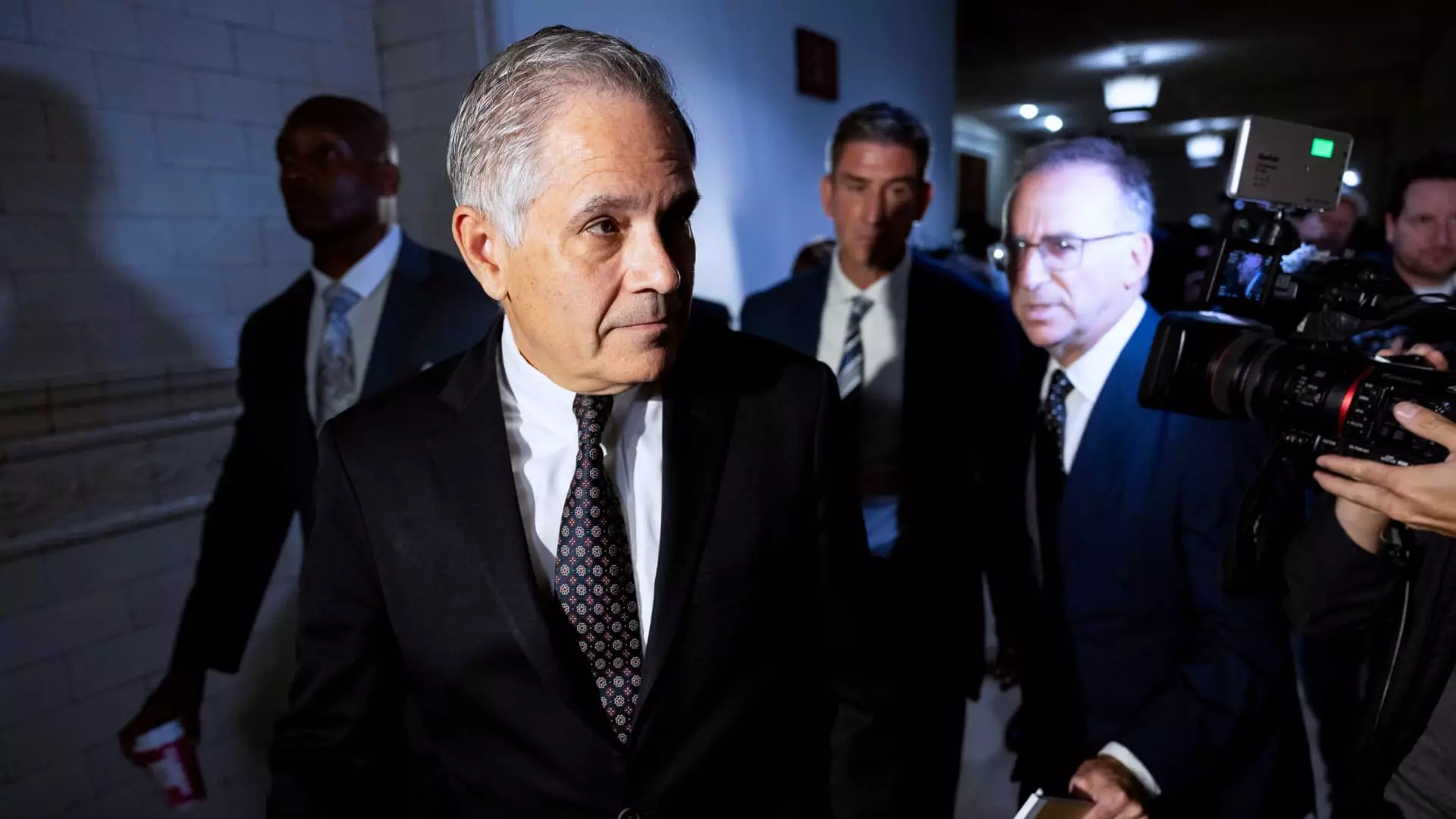In an unexpected legal battle, Philadelphia District Attorney Larry Krasner has brought forward serious allegations against Elon Musk, the CEO of Tesla, regarding his political action committee (PAC), America PAC. The controversy centers around the claim that Musk’s initiative to award $1 million to registered voters in swing states constitutes an illegal lottery. This situation not only raises eyebrows concerning electoral integrity but also highlights the complex intersection of politics, law, and public influence in modern American society.
Krasner’s testimony revealed his belief that Musk and America PAC exhibit “guilty knowledge” of their actions’ legality. At a court hearing, he argued for an injunction to halt what he labeled a “scam” and “grift.” The specifics of the lawsuit touch upon Pennsylvania’s consumer protection and lottery laws, suggesting that the $1 million giveaway could violate crucial legal prerequisites for legitimate lotteries. This raises questions about the ethical implications of leveraging substantial financial resources in a manner that may skew electoral processes.
Interestingly, Krasner emphasized that his Democratic affiliation does not influence his decision-making in prosecuting this case against Musk. He highlighted his enjoyment of driving a Tesla, indicating that his actions stem from a commitment to uphold the law rather than personal bias against Musk or his political affiliations.
In stark contrast, America PAC’s treasurer Chris Gober defended the organization’s actions in court, framing the lawsuit as an attempt to mute free expression in the political arena. Gober contested the assertion that the giveaway constituted an illegal lottery, suggesting that the participants are not merely vying for a prize but rather entering into a type of contractual relationship with the PAC. This interpretation of the giveaway’s mechanics represents a broader argument often employed in political discourse — that financial support and incentives can coexist with constitutional freedoms.
The contention surrounding whether Musk’s initiative infringes upon the First Amendment brings forth pivotal questions regarding the boundaries between lawful political activity and illicit manipulation. It is essential to strike a balance between fostering political engagement and safeguarding against undue influence, especially when financial incentives are involved.
As the courtroom drama unfolded, the testimony provided by Gober also inadvertently shed light on the issues at hand. His assertion that recipients of the funds would be chosen through set criteria rather than at random contradicted Krasner’s claims of a lottery. Krasner and his legal team eagerly seized upon these statements, viewing them as admissions of potential liability under the law. This legal tug-of-war reflects deeper conflicts not just among legal representatives but also within the broader narrative of political ethics.
Krasner’s own experience, boasting a lengthy career of 37 years, gives weight to his perspective, making his observations on Gober’s testimony particularly pointed. His comments suggest a skepticism toward the sincerity of the arguments presented by Musk’s team, signaling that the case could present significant implications depending on the courtroom’s decision.
As this case continues to develop, it symbolizes more than just a local dispute involving a billionaire and a district attorney. It invokes profound questions about the integrity of electoral processes, the limits of political campaigning, and the role of financial incentives in shaping citizen engagement. The outcome could set precedents that influence how political actions are structured and monitored, particularly concerning compliance with state laws.
In a landscape where public figures leverage immense financial power to sway political outcomes, this controversy serves as a reminder of the delicate balance between engaging citizens in the democratic process and ensuring that such engagement maintains fidelity to the rule of law. The implications of this case extend far beyond the courtroom — they resonate within the fabric of American democracy and its ongoing evolution.


Leave a Reply